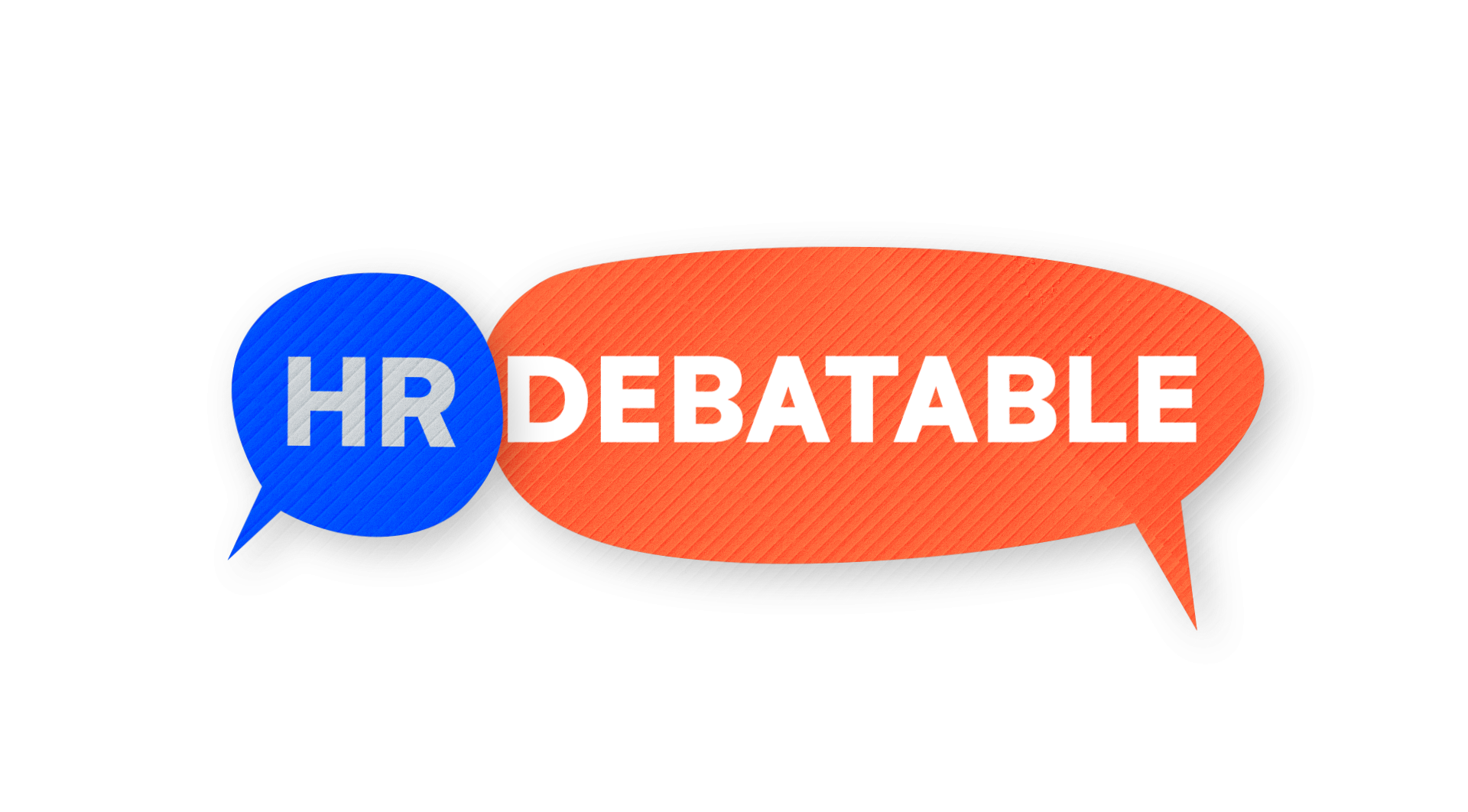Join session
BONUSES: missing their mark?
Presented by
Description
In a previous life, Neelie Verlinden worked for a large investment bank. Once a year, her manager would call her and her team members each in his office to tell them what their bonus would be for that year.
There seemed to be very little logic behind the way the bonus was calculated and distributed; her boss simply received an amount from his boss that he could divide between himself…. and his team at his own discretion.
Years later, in yet another previous life of hers, she worked for a completely different company and here everyone would know at the start of the year what the amount of their bonus at the end of the year would be.
Here too, it wasn’t very clear on what the actual amount of the bonus was based on. They did, however, know for sure that regardless of their performance, they would receive their bonus as their manager just always gave everyone in the team their bonus.
While these examples from Neelie's life may be the exception to the rule, they do highlight a couple of well-known, potential drawbacks related to employee bonuses:
· They can create a culture of individualism and distrust when it’s not clear what the bonus is based on.
· They can prevent people from doing their best work (if they know they’ll get their bonus no matter what).
· They can create unrealistic expectations among employees.
Other drawbacks include the fact that bonuses tend to be taxed and that candidates looking for a job may prefer a higher base salary rather than a bonus.
All of this brings us to our first statement of this episode:
Bonuses don’t work. Period.


